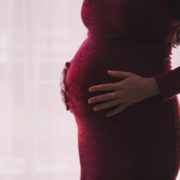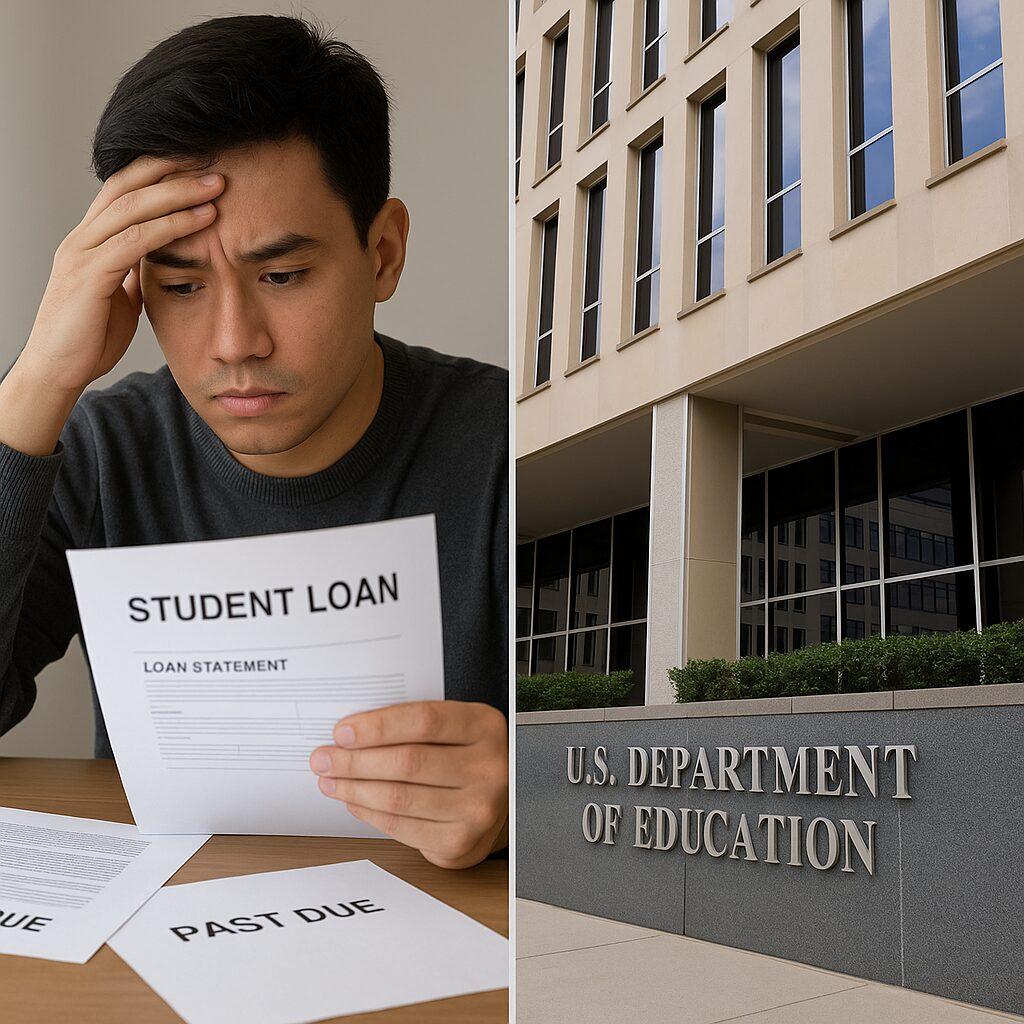New rule would bar pregnant women who are suspected of traveling to the U.S. solely to give birth
United States embassies across the globe received a note from the U.S. State Department on Thursday, January 23, ordering consular officials to deny visas to pregnant women whom they suspect are coming to the U.S. to give birth, thereby giving birth to U.S. citizens.
The rule has taken effect as of Friday, January 24 when it was published in the Federal Register.
The rule is intended to curb what the administration is calling “birth tourism.”
Traveling to the U.S. to give birth isn’t illegal, but there have been few cases of nefarious acts of birth tourism related to visa fraud or tax evasion.
According to the official State Department mandate, the Trump administration “considers birth tourism as an inappropriate basis” on which to issue temporary visitor visas.
“An entire birth tourism industry has evolved to assist pregnant women from other countries to come to the United States to obtain U.S. citizenship for their children by giving birth in the United States, and thereby entitle their children to the benefits of U.S. citizenship,” the State Department said.
It also claimed that “birth tourism poses risks to national security” and has been linked with “criminal activity.”
The State Department did not provide a figure for how many babies were born due to birth tourism, but it estimates that “thousands of children” are born in the U.S. each year to people who are visiting on nonimmigrant visas.
“Closing this glaring immigration loophole will combat these endemic abuses and ultimately protect the United States from the national security risks created by this practice,” the White House wrote in a statement, adding that the practice of giving birth to “anchor babies” poses a threat to “overburden valuable hospital resources.”
Pregnant women coming to the U.S. for medical treatment are now required to provide thorough proof that the travel is medically necessary and that they are able to pay for the treatment and other costs.
Since his presidential campaign, President Donald Trump has been promising to put an end to birthright citizenship — the constitutional guarantee that anyone born in the U.S. is an American — as part of his stringent immigration agenda.
Immigration experts and attorneys have warned of Trump’s “invisible wall” —
the barrage of proposals and new policies designed to curb channels of legal immigration — and see this rule as a part of that overarching goal.
Traveling to the U.S. while pregnant is not illegal, and the rule raises concerns on the feasibility of carrying out the rule, especially in relation to a woman’s privacy.
The State Department document does not detail how border officers or other Homeland Security officials will be able to tell if a woman is pregnant or has plans to become pregnant.
Consular officers currently don’t have the right to ask women if they are pregnant or if they expect to become pregnant, but according to a State Department official, they will take into account “the totality of the circumstances and what comes out in the interview.”
Tom Jawetz, an immigration lawyer and vice president of immigration policy at the Center for American Progress, told the Washington Post that “the rule itself invites discrimination against women. If you have consular officers who are looking for opportunities to restrict access to the immigration system, this provides a bit of a tool to do so.”
Tangential to the new rule, Trump’s goal to eliminate birthright citizenship challenges the constitutional guarantee established in 1868: the 14th Amendment affirms that “All persons born or naturalized in the United States, and subject to the jurisdiction thereof, are citizens of the United States.”
This guarantee has been interpreted as protections of jus soli, or, “right of the soil,” to children born in the U.S., even if their parents are not U.S. citizens or lack legal permanent residency.
The rule challenging birth tourism was likely motivated after a string of instances, the latest of which resulted in the first criminal charges of birth tourism were filed last year.
Last July, 19 people were arrested for their involvement in a 2015 raid of so-called “maternity hotels” in which mothers-to-be paid between $15,000 to $50,000 to give birth in the U.S., according to Immigration and Customs Enforcement (ICE).
The operation mostly catered to wealthy Chinese clients in Southern California, and those who were charged were accused of operating under the name USA Happy Baby, Inc., according to unsealed documents from the Dept. of Justice. (By Klarize Medenilla/AJPress)







